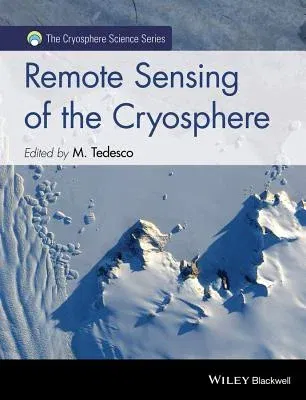The cryosphere, that region of the world where water is temporarily or
permanently frozen, plays a crucial role on our planet. Recent
developments in remote sensing techniques, and the acquisition of new
data sets, have resulted in significant advances in our understanding of
all components of the cryosphere and its processes.
This book, based on contributions from 40 leading experts, offers a
comprehensive and authoritative overview of the methods, techniques and
recent advances in applications of remote sensing of the cryosphere.
Examples of the topics covered include:
- snow extent, depth, grain-size and impurities
- surface and subsurface melting
- glaciers
- accumulation over the Greenland and Antarctica ice sheets
- ice thickness and velocities
- gravimetric measurements from space
- sea, lake and river ice
- frozen ground and permafrost
- fieldwork activities
- recent and future cryosphere-oriented missions and experiments
All figures are in color and provide an excellent visual accompaniment
to the technical and scientific aspect of the book.
Readership Senior undergraduates, Masters and PhD Students, PostDocs
and Researchers in cryosphere science and remote sensing.
Remote Sensing of the Cryosphere is the significant first volume in
the new Cryosphere Science Series. This new series comprises
volumes that are at the cutting edge of new research, or provide
focussed interdisciplinary reviews of key aspects of the science.

